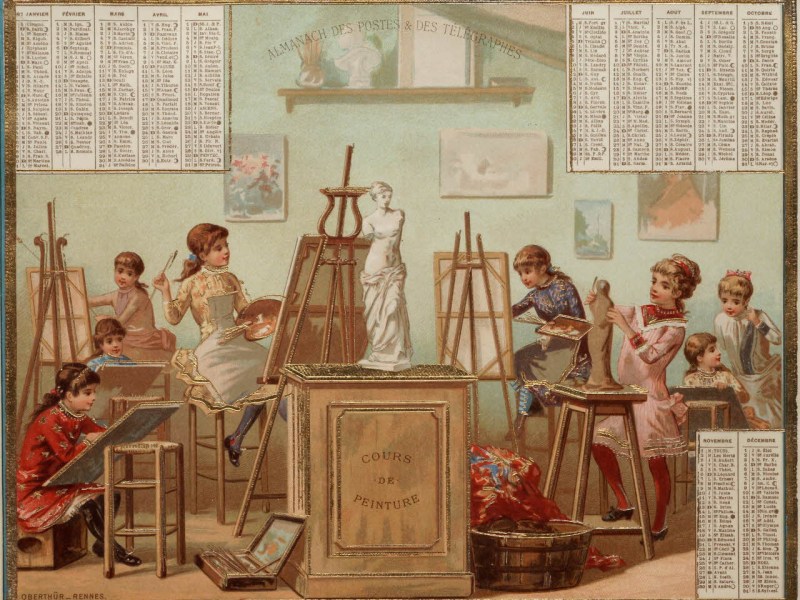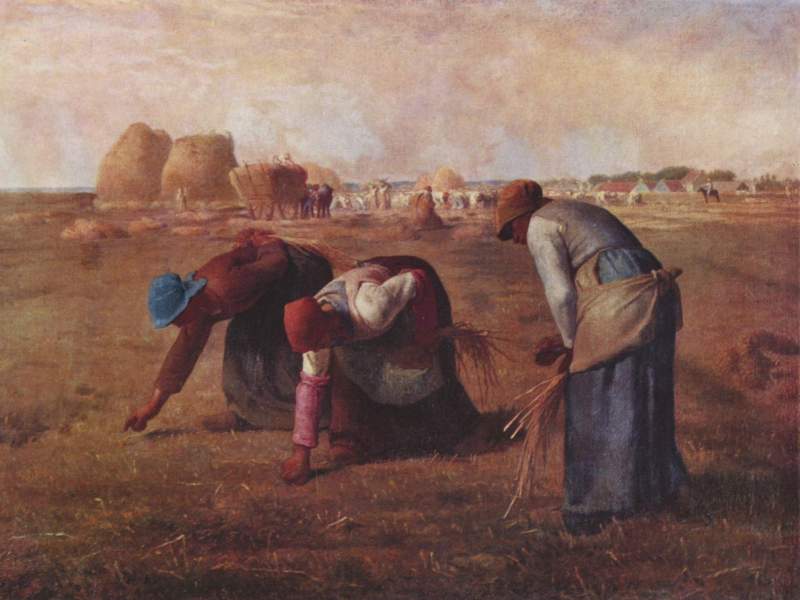Stories
Seeking Control
 The Wikimedia projects are written by you—contributors from all over the world. However, sometimes, governments or officials ask us to allow them to control certain articles. We received a request in November 2019 from a government in the Americas that wanted to control articles about its First Lady on English and Spanish Wikipedia. We explained to them how Wikipedia works, and referred the requestors to the communities of volunteer editors. They can post on articles’ Talk pages, or write directly to the various language volunteer response teams, explaining the updates they’d like to see made to the articles, and providing reliable sources in support of those changes.
The Wikimedia projects are written by you—contributors from all over the world. However, sometimes, governments or officials ask us to allow them to control certain articles. We received a request in November 2019 from a government in the Americas that wanted to control articles about its First Lady on English and Spanish Wikipedia. We explained to them how Wikipedia works, and referred the requestors to the communities of volunteer editors. They can post on articles’ Talk pages, or write directly to the various language volunteer response teams, explaining the updates they’d like to see made to the articles, and providing reliable sources in support of those changes.
Permission Granted
 In December 2019, we received a Digital Millennium Copyright Act takedown request from a professional model who appeared in some images on Wikimedia Commons. They claimed copyright over the pictures. However, upon thorough review, we found that the model uploaded the images to Commons in 2014, under a Creative Commons license. This license is irrevocable and makes the content freely reusable. Nevertheless, we explained to the writer that they could contact the community of Commons volunteers to inquire about having the photos removed from the projects. We encourage everyone who shares information on the projects to review our Terms of use and project guidelines like Commons’ licensing policy, to understand how Creative Commons licenses work and what they mean for your contributions.
In December 2019, we received a Digital Millennium Copyright Act takedown request from a professional model who appeared in some images on Wikimedia Commons. They claimed copyright over the pictures. However, upon thorough review, we found that the model uploaded the images to Commons in 2014, under a Creative Commons license. This license is irrevocable and makes the content freely reusable. Nevertheless, we explained to the writer that they could contact the community of Commons volunteers to inquire about having the photos removed from the projects. We encourage everyone who shares information on the projects to review our Terms of use and project guidelines like Commons’ licensing policy, to understand how Creative Commons licenses work and what they mean for your contributions.
Spell check
 Place names may differ, depending on political or historical perspective, or changes over time. In 2019, the Ukrainian government ran a Twitter campaign and other efforts to encourage the world to update the spelling of the name of their capital city from Kiev to Kyiv. In November, they contacted us to request that Wikipedia articles include their preferred spelling. We explained how Wikipedia works, and referred them to volunteer editors, who were already discussing the topic. Both the previous and updated spellings are now used on English Wikipedia. Wikipedia relies on secondary sources to provide accurate information that volunteers can add to articles. As name and spelling changes gain acceptance in reputable third-party sources, Wikipedia will reflect that consensus.
Place names may differ, depending on political or historical perspective, or changes over time. In 2019, the Ukrainian government ran a Twitter campaign and other efforts to encourage the world to update the spelling of the name of their capital city from Kiev to Kyiv. In November, they contacted us to request that Wikipedia articles include their preferred spelling. We explained how Wikipedia works, and referred them to volunteer editors, who were already discussing the topic. Both the previous and updated spellings are now used on English Wikipedia. Wikipedia relies on secondary sources to provide accurate information that volunteers can add to articles. As name and spelling changes gain acceptance in reputable third-party sources, Wikipedia will reflect that consensus.
Still searching
 Our community members work hard to ensure that material on Wikimedia projects is freely licensed or otherwise appropriately available. But from time to time, we receive a Digital Millennium Copyright Act takedown request, asking us to remove allegedly copyrighted content. These notices contain specific information, so they can be easily understood and evaluated. We received a formal DMCA takedown request in October 2019, which cited relevant law and included the required language and great detail. Strangely, however, the writer failed to clearly identify what material on the Wikimedia projects they wanted to have removed. Instead, they sent a link to search engine results. We asked for more information, but they did not did not provide any further details. Without it, we were unable to assist.
Our community members work hard to ensure that material on Wikimedia projects is freely licensed or otherwise appropriately available. But from time to time, we receive a Digital Millennium Copyright Act takedown request, asking us to remove allegedly copyrighted content. These notices contain specific information, so they can be easily understood and evaluated. We received a formal DMCA takedown request in October 2019, which cited relevant law and included the required language and great detail. Strangely, however, the writer failed to clearly identify what material on the Wikimedia projects they wanted to have removed. Instead, they sent a link to search engine results. We asked for more information, but they did not did not provide any further details. Without it, we were unable to assist.
A Pilot's Last Legacy
 In November 2019, we were asked to intervene in an ongoing debate on Wikimedia Commons. The writer wanted the last known image of a pilot killed during World War Two to stay on the Wikimedia projects. However, the volunteers were concerned that the photo might not have been in the public domain. We informed the requesting party that the curation of images on Commons is carried out by the global community of volunteer contributors. We also explained Commons policies regarding public domain imagery and free licensing. The requester uploaded the image again, and provided detailed information about the circumstances of its creation. As of February 2020, the photo remains on the projects.
In November 2019, we were asked to intervene in an ongoing debate on Wikimedia Commons. The writer wanted the last known image of a pilot killed during World War Two to stay on the Wikimedia projects. However, the volunteers were concerned that the photo might not have been in the public domain. We informed the requesting party that the curation of images on Commons is carried out by the global community of volunteer contributors. We also explained Commons policies regarding public domain imagery and free licensing. The requester uploaded the image again, and provided detailed information about the circumstances of its creation. As of February 2020, the photo remains on the projects.
Seeing double
 We often receive requests to remove logos from Wikipedia, and explain that it is legal to use a logo to illustrate Wikipedia articles about a company. In an unusual case from November 2019, we received a Digital Millennium Copyright Act notice from a European company that did not mind if their logo was on the projects—but asked us to remove a slightly modified version of the logo. They were worried it might confuse readers, and be mistaken for their real brand. We performed a fair use analysis as to the modified logo, and decided it should be removed from Wikimedia Commons. The company’s true logo can still be found on Wikipedia, alongside articles about the company and their products.
We often receive requests to remove logos from Wikipedia, and explain that it is legal to use a logo to illustrate Wikipedia articles about a company. In an unusual case from November 2019, we received a Digital Millennium Copyright Act notice from a European company that did not mind if their logo was on the projects—but asked us to remove a slightly modified version of the logo. They were worried it might confuse readers, and be mistaken for their real brand. We performed a fair use analysis as to the modified logo, and decided it should be removed from Wikimedia Commons. The company’s true logo can still be found on Wikipedia, alongside articles about the company and their products.
Help us unlock the world’s knowledge.
As a nonprofit, Wikipedia and our related free knowledge projects are powered primarily through donations.
Donate now
Contact us
Follow
Photo credits

Nationaal Archief
No known copyright restrictions